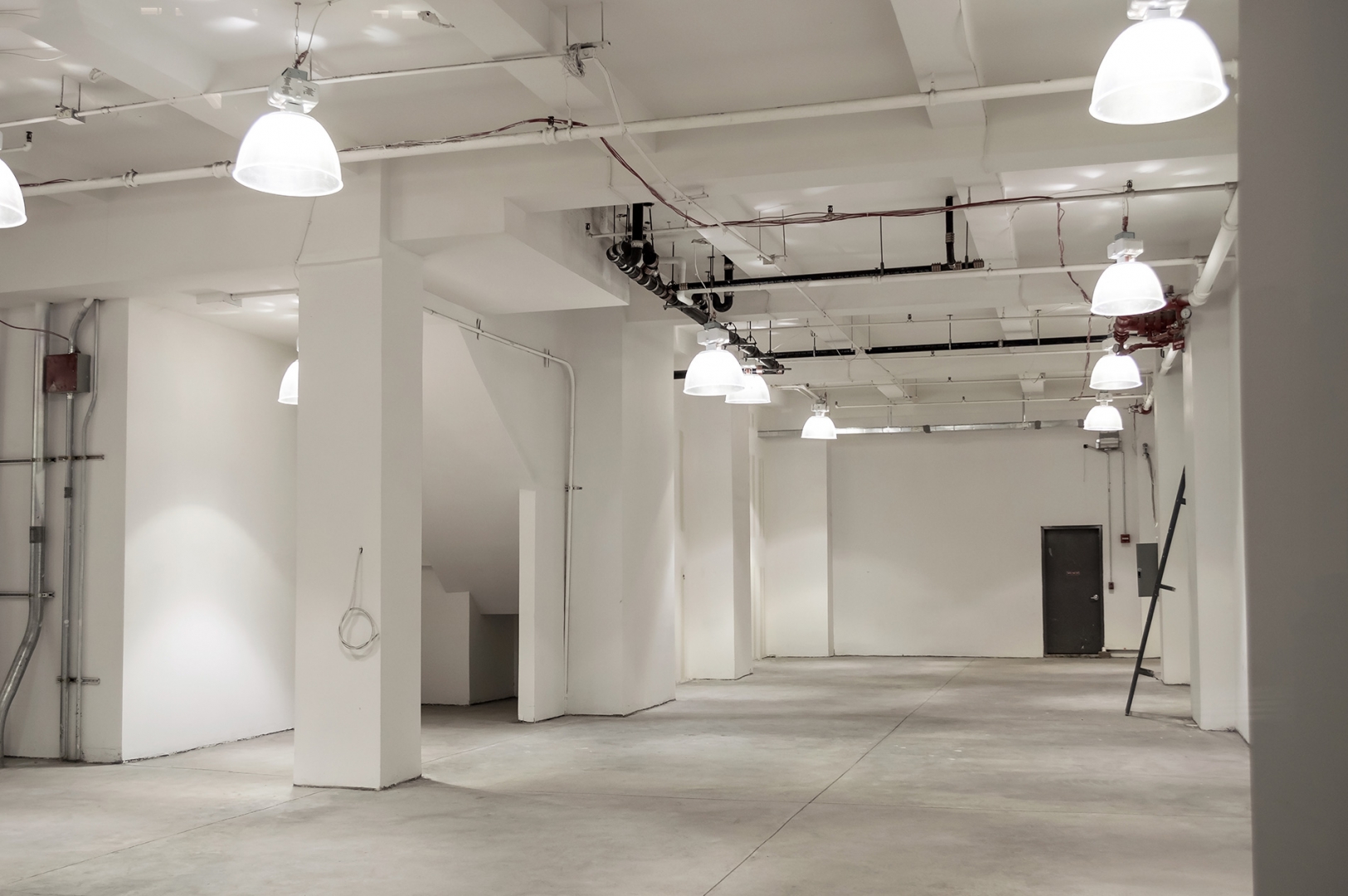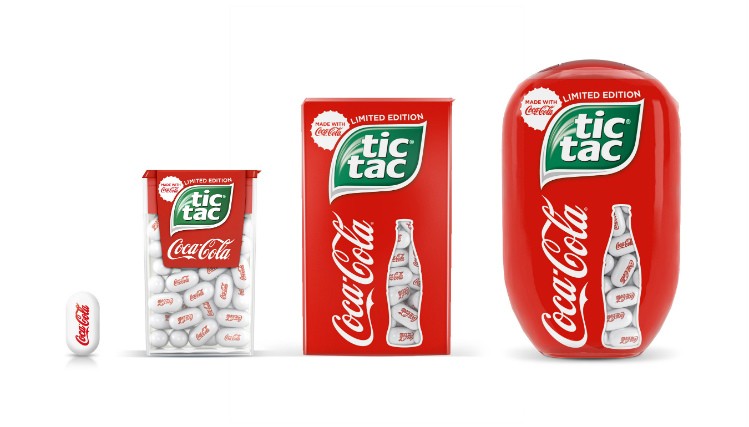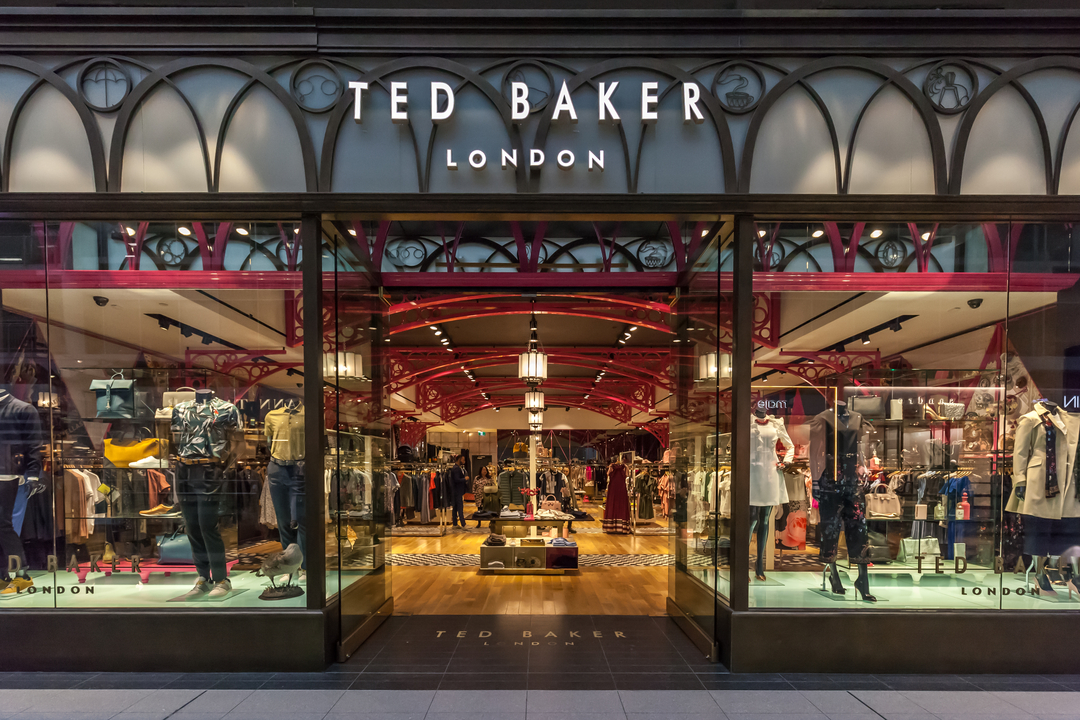Pop-up retail has seen brighter days, but they’ll come out of the pandemic even brighter. With strict restrictions in place, where many local businesses are being forced to close, pop-up retail is shining and at the same time, challenging brick-and-mortar retail.

The unforeseen pandemic sees pop-up stores closing, days before they were schedule to, with months of planning to waste. Packed streets are now empty. People are now turning to online retail to kill time.
Despite the surge in online retail, pop-up shops won’t die. They’ll change, but they will still live.
So what defines a pop-up? A pop-up is a temporary retail store that can last from days to months that sell goods of any kind. Customers crowded in a small store, all with the same unspoken desire to purchase items that are limited or new – that’s the beauty of physical pop-up shops.

People love the idea of being owners of limited edition items. The scarceness of these shops and what they have on offer, are what keeps customers interested. People love what’s fresh, what’s innovative, what’s currently in style. At the same time, businesses love entering new markets by using pop-ups to generate brand awareness. The flexibility and stress-less environment that comes in the name of a ‘pop-up store’ are just one of its many advantages.
The pandemic, along with increased government restrictions, has forced physical pop-ups out. This would be because most are deemed non-essential. However, they’ll be back and will continue to place strains on traditional retail.
The idea of traditional retail being threatened by shops that operate temporarily sounds absurd. As restrictions are placed and enforced, and the importance of supporting local businesses is emphasised, people will turn to support locally. So, how can pop-ups compete with this?
Surviving this pandemic for pop-ups comes down to the companies who are willing to initiate innovative measures to adapt to the rapidly changing society that we live in. And in doing so, will ensure their survival.

This has been seen through the launch of digital pop-up stores by well-known brand names, in place of physical spaces. This makes up the missing physical footprint department. And at the same time, ticks the box of accessibility.
Ted Baker, a designer clothing and accessories brand for men and women, have taken the lead with a digital pop-up shop. Declaring 100% of profits donations to charity, the company offers limited edition pieces. Tesco, a British multinational groceries and merchandise retailer opened a pop-up supermarket for only hospital staff. Influenced by what’s going on in the world, these companies have taken the lead in maintaining their mark.
As pop-ups have the freedom to come and go, and are smaller in comparison with retail stores, they will come out of the pandemic still hyped and adored by the public. They just might not be as crowded.
Subscribe to FIB’s Weekly Alchemy Report for your weekly dose of music, fashion and pop culture news!






